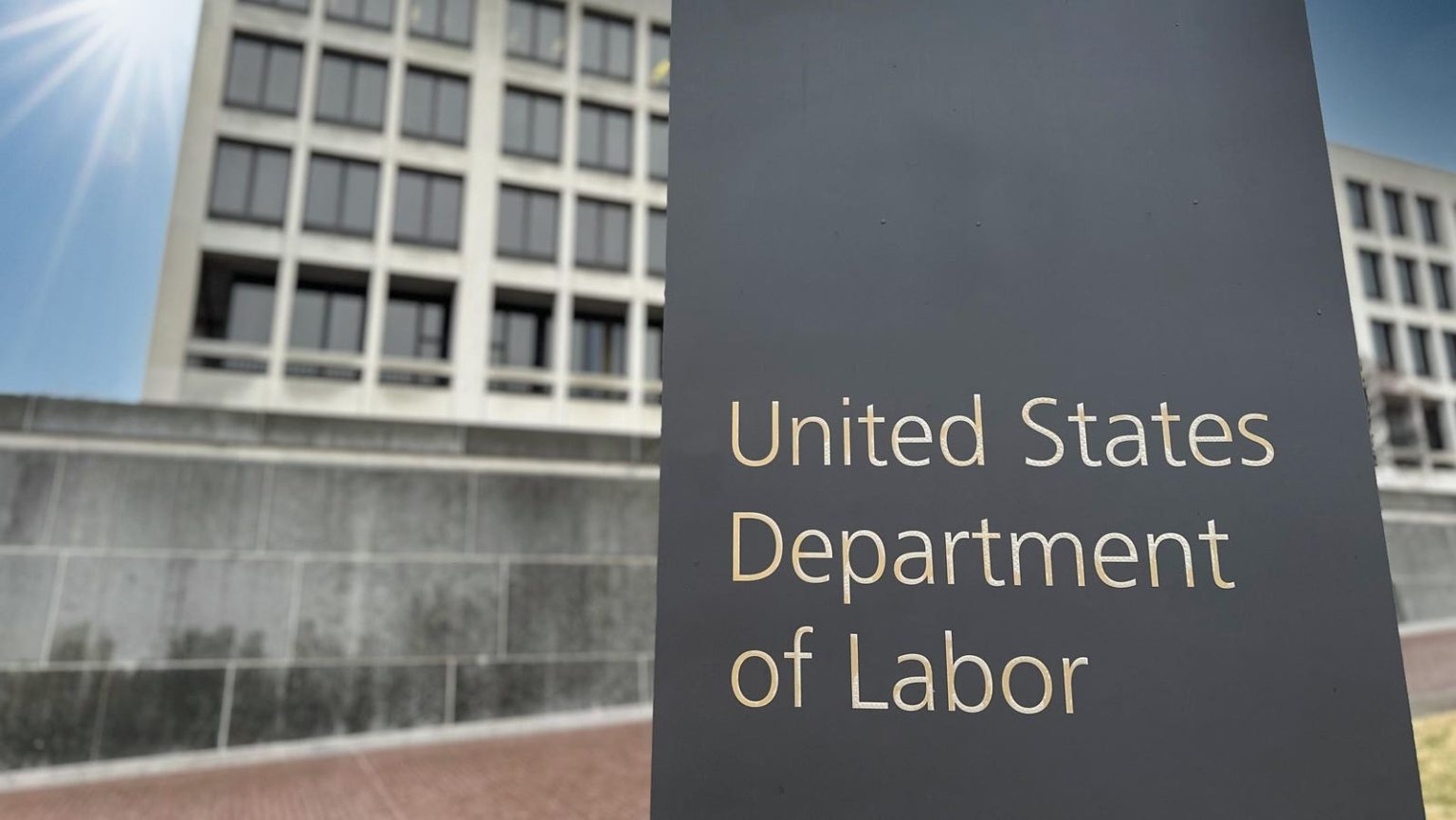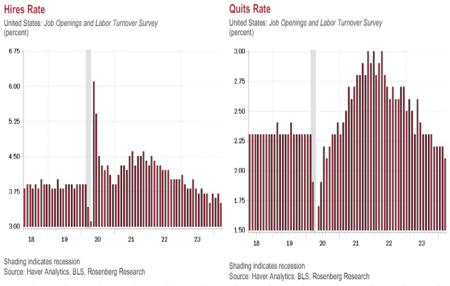The Department of Labor (DOL) has announced a significant update to the fiduciary rule under ERISA with the goal of enhancing the integrity of financial advice provided to retirement savers. This crucial update aims to reduce conflicted advice around retirement assets and ultimately improve retirement security for Americans. With retirement planning dynamics shifting in America, where individuals are increasingly responsible for their own savings, this rule comes at a critical time. Unlike the 2016 DOL fiduciary rule that was struck down for being overly broad, this new rule is simpler and more focused.
The expanded definition of ERISA level fiduciary “investment advice” under the new rule broadens the types of advice that require advisors to meet fiduciary standards. Even a single piece of advice can have a significant impact on a client’s retirement planning. With the updated rule, advisors are now obligated to act with prudence, loyalty, and impartiality, ensuring their recommendations align solely with the client’s best interests. The removal of the requirement that advice must be given on a regular basis now means that one-off advice also falls under the fiduciary standards.
The rule also updated exceptions for financial advisors in PTE-84-24 and PTE 2020-02, providing exceptions for advisors in areas where compensation may have been prohibited without these exceptions. These updates ensure that advisors can continue to provide advice in compliance with the rules while meeting the best interests of the investors. Ultimately, this new rule is more of a compliance and tweak of existing rules rather than a complete overhaul. It aims to move towards a more uniform standard of care for retirement investors but still requires investors to carefully vet advisors and find the right one for their needs.
Consumers need to understand key aspects of the new rule to make informed decisions about their retirement savings. Ensuring that financial advisors are recognized fiduciaries, transparent about their fee structures, provide rationale for their recommendations, and have appropriate qualifications and experience are essential factors to consider when selecting an advisor. By asking the right questions and understanding the implications of the rule, investors can make more informed choices about who manages their retirement savings. This proactive approach not only ensures better management of individual retirement plans but also contributes to the overarching goal of enhancing retirement security for all Americans.
The broader impact of the rule is to safeguard retirement savers from the negative effects of conflicted advice, which can lead to higher fees and lower returns. By requiring fiduciaries to act transparently and avoid misleading statements, the rule aims to prioritize the interests of retirement savers. The new regulations align with broader administration efforts to strengthen retirement security by addressing market evolution and the increased role of individuals in managing their funds. While the rule makes progress towards a more uniform standard of care for investment advice, consumers still play a vital role in vetting advisors and making informed decisions about their retirement savings. By understanding the key aspects of the rule and asking the right questions, consumers can align themselves with the goal of enhancing retirement security for all Americans.















